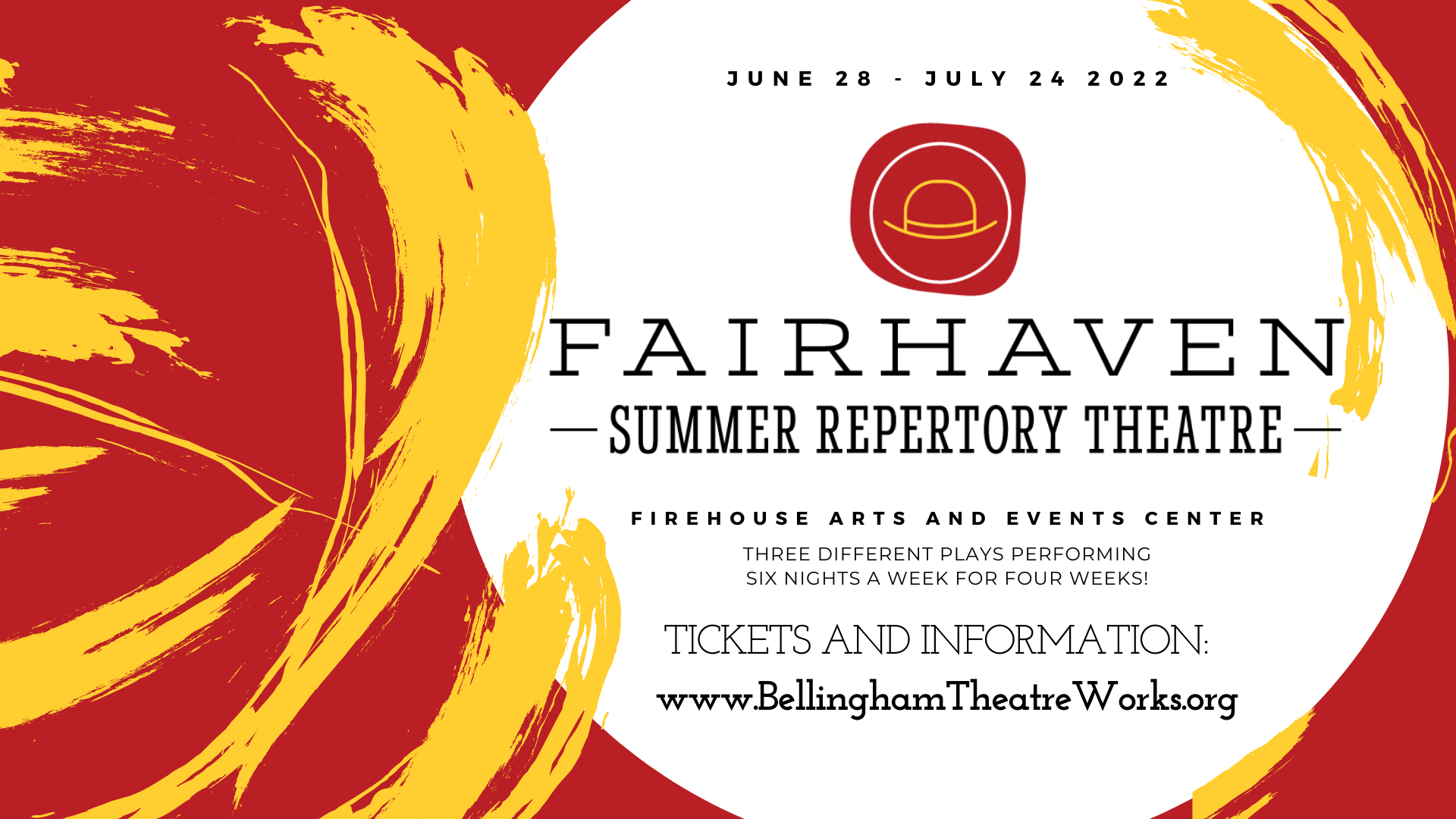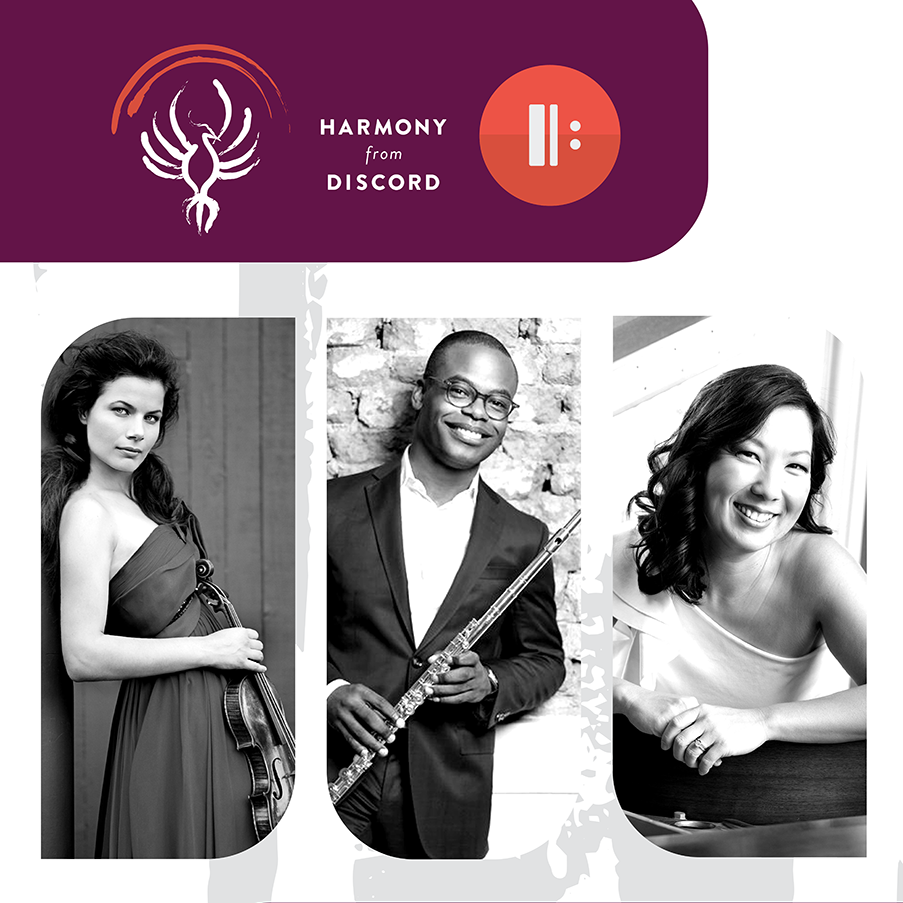
“Elegy”
10 minutes
Jonathan Leshnoff (b. 1973, New Brunswick, NJ)
4 horns, timpani, harp and strings
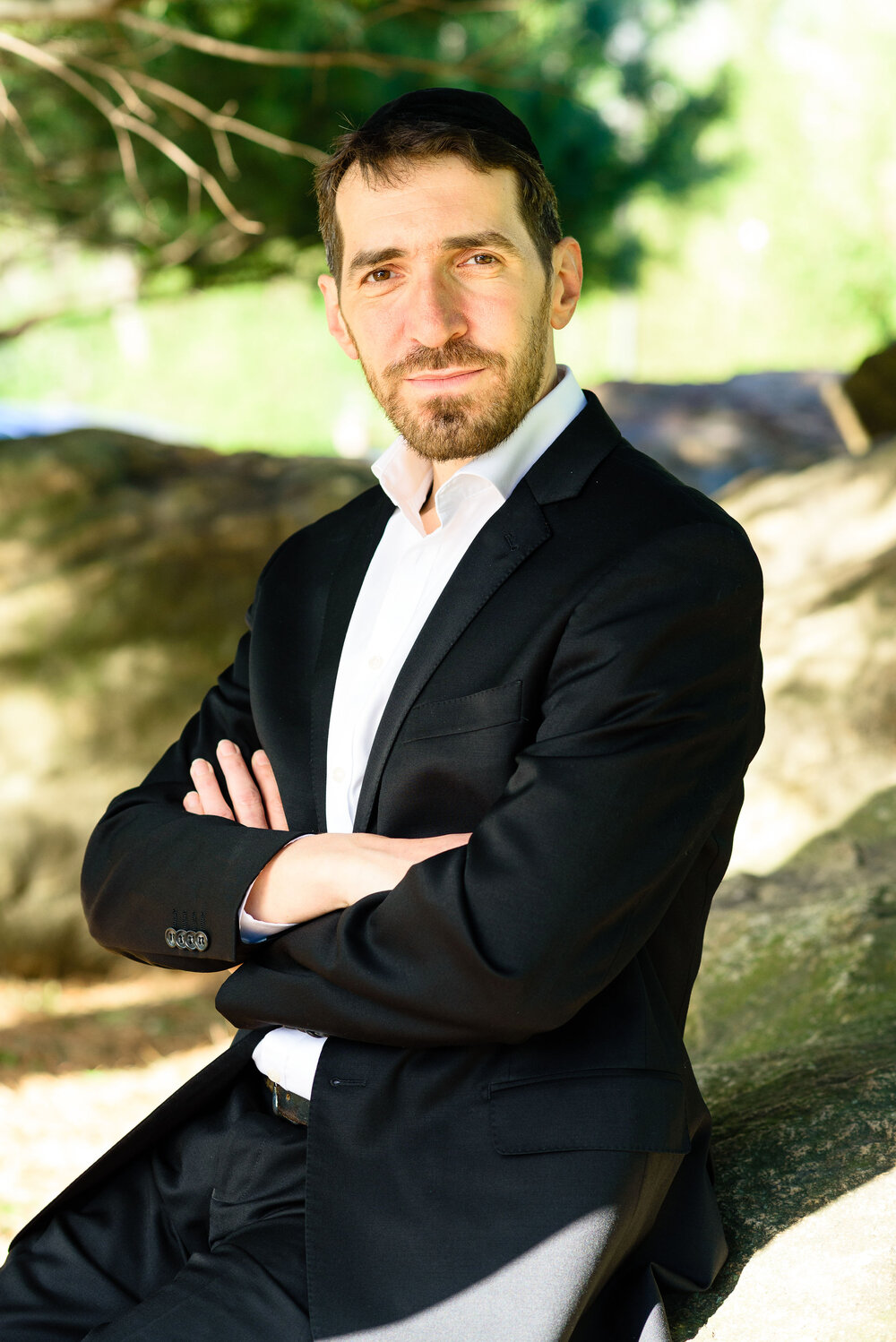
Elegy is a 10-minute composition co-commissioned by the Bellingham Symphony Orchestra and the Tennessee Holocaust Commission. The commission derived from Music Director Yaniv Attar’s long friendship with Leshnoff. Attar approached Leshnoff in 2018 about writing a work for BSO’s Harmony from Discord initiative, which celebrates music that transcends oppression. Leshnoff’s Elegy is a work that is written especially for this initiative.
Leshnoff writes:
Elegy is scored for the unusual combination of horns, harp, timpani and strings. These instruments were selected for their darker color, a natural fit for this composition which is introspective and somber. Elegy is written in memory of the thousands of nameless people who suffered under oppression.
Writing a new composition for the Harmony from Discord series, I chose to musically depict these two contrasting moods with two contrasting ideas: a somber, dark theme that dominates the beginning of the work and a hopeful, brighter theme that is heard in the middle. Elegy starts with this lonely and contemplative theme first played by the violins and then slowly spreading throughout the string section, with the harp offering a haunting echo. After a brooding cadence, the hopeful theme is introduced in the horns. Full of moving lines and sweeping harmonies the music builds to a resounding climax, accompanied by the timpani grounding the ensemble in successive strikes. After a cascading cadence, the dark opening theme again returns, but this time, the hopeful theme intertwines itself with the darker theme, symbolic of the hope that has emerged through the dark, discordant eras of history. The piece notably ends on a major chord.
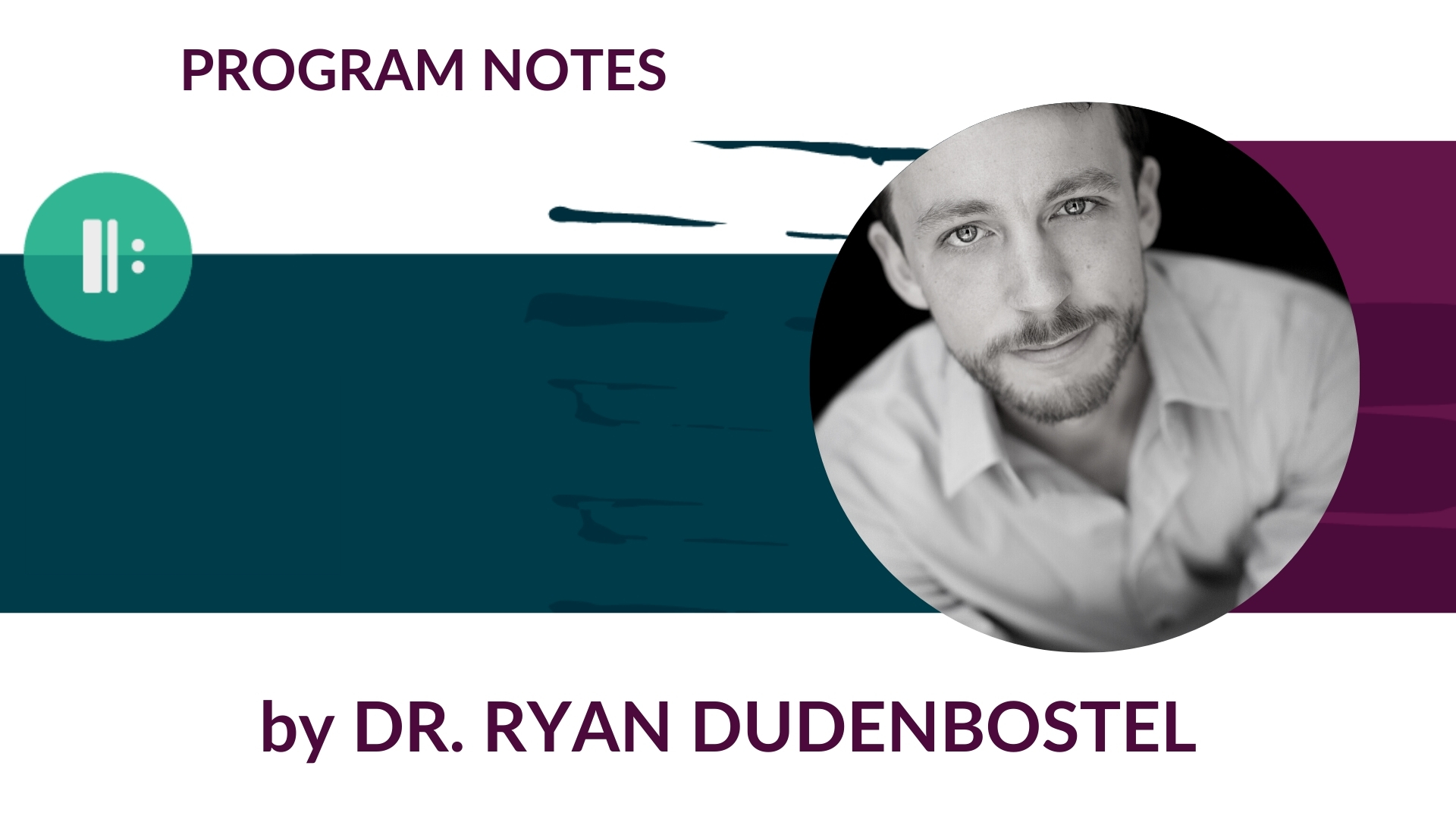
- Joan Tower composed six Fanfares for the Uncommon Woman between 1986 and 2016.
- Jonathan Leshnoff’s Elegy was written on a co-commission by the Bellingham Symphony and Tennessee Holocaust Commission.
- Erwin Schulhoff’s Double Concerto was written for the composer himself and his friend, the virtuoso flutist René Le Roy, to play together.
- The opening timpani strokes of Beethoven’s Violin Concerto lay the groundwork for the work’s entire first movement.
PROGRAM NOTES
Like reaching a great mountain vista, sometimes receiving the full impact of a piece of music requires a bit of a hike—both in terms of time invested and mental endurance expended. The climax in the sixth and final movement of Mahler’s Third Symphony would have none of its heavens-opening effect without the hour-and-a-half of music that precedes it. But in other cases, a piece can get its point across in just a few moments. For composers, making a single, clear argument within a matter of minutes can be just as difficult, if not more so, than unfolding a wide-ranging musical essay over a longer span of time. Three of the pieces on this afternoon’s program are by living American composers, and are of this latter variety: concise statements that pack a punch from their first moments.
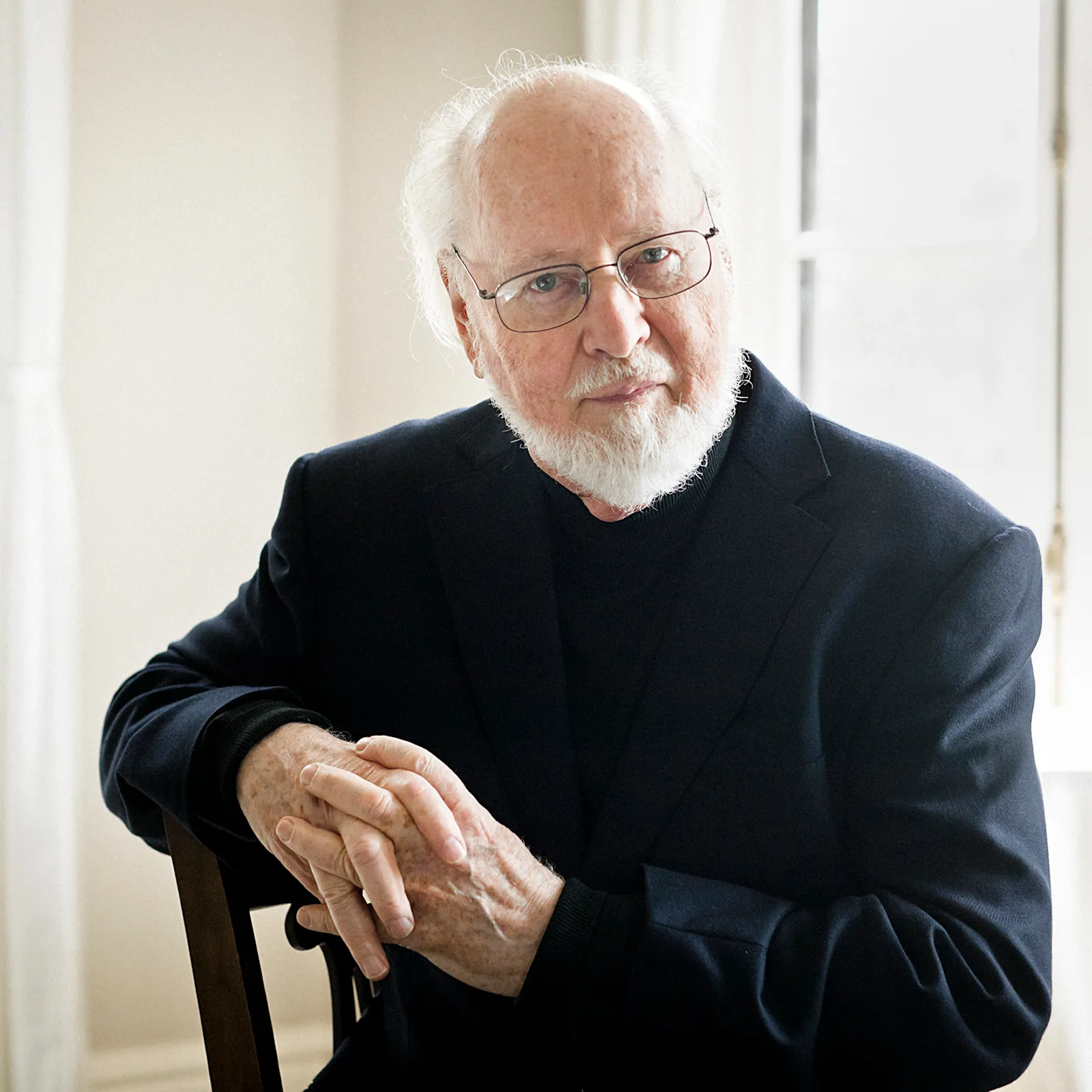
John Williams (b. 1932) is probably the most recognized American composer living today, not just for his iconic film scores, but also for a diverse body of standalone concert works. In his cinematic writing, Williams is a musical chameleon, masking his compositional voice to match the physical and emotional environment of the story he is depicting. His music for Steven Spielberg’s 1993 film, Schindler’s List, predominantly features the solo violin in themes subtly imitative of Chopin. Largely absent are woodwind and brass timbres, reflecting the film’s black-and-white coloring.
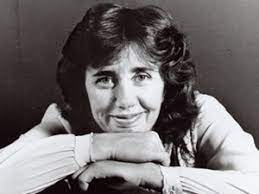
A life-long devotee of condensed single-movement forms, Joan Tower (b. 1938) is among the first American women to have shattered the glass ceiling of classical composition. Tower was the co-founder and pianist for the trailblazing Da Capo Chamber Players for over fifteen years, and much of her early work is chamber music written for that group. However, in the 1980s, she set her sights on bigger things, and has subsequently received commissions from nearly every major orchestra in the US, along with countless international institutions.
Tower wrote six Fanfares for the Uncommon Woman between 1986 and 2016, each scored for a unique combination ranging from a pair of brass quintets to full orchestra. The title is of course a play on Aaron Copland’s ubiquitous Fanfare for the Common Man (1942), and the first of Tower’s fanfares is set for an identical instrumentation. Intense and forward-leaning from its first bursts of percussion, the piece is an exercise in perpetual motion. Rapid flourishes of trumpets and horns interweave and stack up tall chords note by note. As the title suggests, the spirit of this music is triumphant, unapologetic, and bursting with unlimited potential.

Baltimore-based composer Jonathan Leshnoff (b. 1973) has received recent commissions from Carnegie Hall, the Philadelphia Orchestra, and the symphony orchestras of Atlanta, Baltimore, Dallas, Kansas City, Nashville, and Pittsburgh. His new work, Elegy, was written on a co-commission by the Bellingham Symphony and Tennessee Holocaust Commission. See special section below for Leshnoff's program notes.
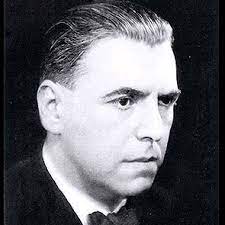
Among these musical voices who continued to shine through unspeakable oppression was the Czech composer and pianist Erwin Schulhoff (1894-1942). A child prodigy, Schulhoff began composing prolifically from a young age, and at the urging of the elderly Antonín Dvořák, he enrolled in the Prague Conservatory at the age of ten. Schulhoff was the recipient of the Mendelssohn Scholarship in both 1913 and 1918, allowing him to travel abroad to study with such prominent composers as Debussy and Max Reger.
Schulhoff had much in common with his better-known German contemporaries Paul Hindemith and Kurt Weill: all were deeply influenced by American jazz and the dance music they heard in the cabarets of Weimar Germany in the 1920s. They were also outspoken social commentators and openly critical of Nazism. Both Hindemith and Weill were forced to flee to the United States after Hitler came to power. But Schulhoff, however, decided to remain in Prague, despite repeated warnings by friends and colleagues. When it finally became clear his safety was in jeopardy, it was too late. Attempts to immigrate to the United States and Soviet Union failed, and he was arrested and sent to the Wülzburg concentration camp in the winter of 1941. He died there of tuberculosis in August of 1942.
Hard-edged and crystal-clear in its textures and counterpoint, Schulhoff’s Double Concerto for Flute and Piano represents its composer at the height of his powers. It is the second in a pair of pieces Schulhoff wrote in early 1927 for the flutist René Le Roy, who would go on to perform with the New York City Opera and teach at the Paris Conservatoire. The piano part was written with Schulhoff himself in mind. Cast in three terse movements, the tone is direct and severe, yet somehow playful—particularly in the concluding Rondo—with the orchestra acting as something of a Greek chorus commenting on the dialogue between the two soloists.
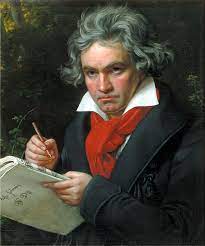
The least needs to be said about Ludwig van Beethoven’s (1770-1827) expansive Opus 61 Violin Concerto of 1806. From beginning to end, it epitomizes the extroversion, optimism, and humor of Beethoven’s “heroic” middle period. Though not well-received at its premiere (most likely owing to Beethoven’s procrastination; the soloist Franz Clement had to sight-read portions of it in the performance), it became the model for nearly every subsequent violin concerto in the century to follow, inspiring masterworks by Mendelssohn, Brahms, Bruch, Dvořák, Tchaikovsky, and Sibelius, among countless others. Of particular note is the unusually prominent role of the timpani strokes at the opening, which reveal themselves to be the germ of the entire first movement. Beethoven was a greater advocate for the timpani than perhaps any other composer in history, elevating the instrument from a musical punctuation mark to a fully melodic member of the orchestra. Opus 61 is Beethoven’s only violin concerto, but its content is of such brilliance that it is hard to imagine how even a genius like Beethoven could have followed it with a sequel.
Copyright © 2022 Ryan Dudenbostel
Ryan Dudenbostel is the Director of Orchestral Studies at Western Washington University, where he conducts the WWU Symphony Orchestra, coordinates the graduate program, and directs the contemporary music ensemble NowHearThis! Previously, he was Music Director of the El-Sistema-based Santa Monica Youth Orchestra in Los Angeles. He recently served as Interim Artistic Director of the Marrowstone Music Festival, and regularly returns to LA for concerts with the Jacaranda new music series.
![]()
Program notes sponsored by: Garland Richmond & Richard Stattelman
We are so grateful for our generous sponsors!
Season: Peoples Bank & Bellingham Porsche/Audi
Harmony from Discord series: Carol & David Robinson
Guest Artists: Marvin & Joan Wayne, Seeking Health
For a full list of BSO's sponsors, please visit our website sponsor page.
Musicians performing in this concert are in bold.
Music Director
Yaniv Attar (bio)
The Jack & Marybeth Campbell Music Director
Violin I
Dawn Posey (bio)
The Garland Richmond & Richard Stattelman Concertmaster
Shu-Hsin Ko
Assistant Concertmaster
Emily Bailey
Laura Barnes
David Bean
Carolyn Canfield §
Gaye Davis
Joanne Donnellan
Irene Fadden
Matt Gudakov
Madeline Massey
Yelena Nelson
Sandra Payton
Krissy Snyder
John Tilley
Karen Visser
Bill Watts
Violin II
Yuko Watanabe
The Debbie & Steve Adelstein Principal 2nd Violin
Heather Ray
Assistant Principal 2nd Violin
Linnea Arntson
Liza Beshara
Judy Diamond
Kathy Diaz
Geneva Faulkner
Ben Morgan
Lenelle Morse
Audrey Negro
Cecile Pendleton
Carla Rutschman
Tara Kaiyala Weaver
Joy Westermann
Viola
Morgan Schwab
The Byron & Becky Elmendorf Principal Viola
Katrina Whitman §
Acting Assistant Principal Viola
Kacey Bradt
Jo Anne Dudley
Eric Kean §
Natalie Louia
Valerie McWhorter
Casey Mullin §
Michael Neville
Jim Quist
Corey Welch
Cello
Nick Strobel
The Phyllis Allport Principal Cello
Samantha Sinai
Acting Principal Cello
Tallie Jones
The John W. Tilley Jr. Assistant Principal Cello
Brian Coyne
Erin Esses Lusk
Noel Evans
Omar Firestone
Jeremy Heaven
Rebekah Hood-Sava
Barb Hunter
Coral Marchant
Mary Passmore
Bette Ann Schwede
Daniel Watterson
Bass
Mark Tomko
The Charli Daniels Principal Bass
Eirik Haugbro
Assistant Principal Bass
Faye Hong
Anna Jull
Amiko Mantha
Flute
Deborah Arthur
The Marcela Berg & Michael Addison Principal Flute
Gena Mikkelsen
Assistant Principal Flute
Piccolo
Gena Mikkelsen
The Carol & Dennis Comeau Piccolo
Alto Flute
Deborah Arthur
Oboe
Kristen Fairbank
Co-Principal
Gail Ridenour
Co-Principal
The Ridenour Family Principal Oboe
Ken Bronstein
Jen Weeks §
English Horn
Ken Bronstein
The Dick & Sherry Nelson English Horn
Gail Ridenour §
Clarinet
Erika Block
The Gordon & Rosalie Nast Principal Clarinet
Emily Prestbo
David Kappele
Bassoon
Phillip Thomas
The Brian and Marya Griffin Principal Bassoon
Jackson Stewart-DeBelly
Assistant Principal Bassoon
Terhi Miikki-Broersma
Horn
Brad Bigelow
The George and Crystal Mills Principal Horn
Jack Champagne
Kristi Kilgore
Greg Verbarendse
Trumpet
Karolyn Labes
The Bill & Leslie McRoberts Principal Trumpet
Steve Sperry
Assistant Principal Trumpet
Del Vande Kerk
Trombone
Phil Heft
The Wendy Bohlke & Brian Hanson Principal Trombone
Brian Thomson
Bass Trombone
Bob Gray
Jeff Flint §
Tuba
Mark Lindenbaum
The Marty & Gail Haines Principal Tuba
Timpani
Stephanie L. Straight
Principal Timpani
Percussion
Kay Reilly
Co-Principal
The Valerie McWhorter & Dean Altschuler Principal Percussion
Melanie Sehman
Co-Principal
The Barbara & Michael Ryan Principal Percussion
Jamie Ihler
Harp
Jill Whitman
The Cinda & Stuart Zemel Principal Harp
Sophie Baird-Daniel §
Keyboard
Andrea Rackl
The Sibyl Sanford Principal Keyboard
§ Substitute
Giving to the BSO
We appreciate our many contributors and donors! Please click here to see our contributors listing for today's program. Thank you for helping the BSO bring the gift of music to our community during these times.
For more information on how to give at a personal level, please click here. If you are interested in information on how to become a Chair Underwriter or Sponsor, please click here.
The Bellingham Symphony Orchestra is a 501(c)(3) non-profit organization. Your contribution is fully tax deductible as provided by law.
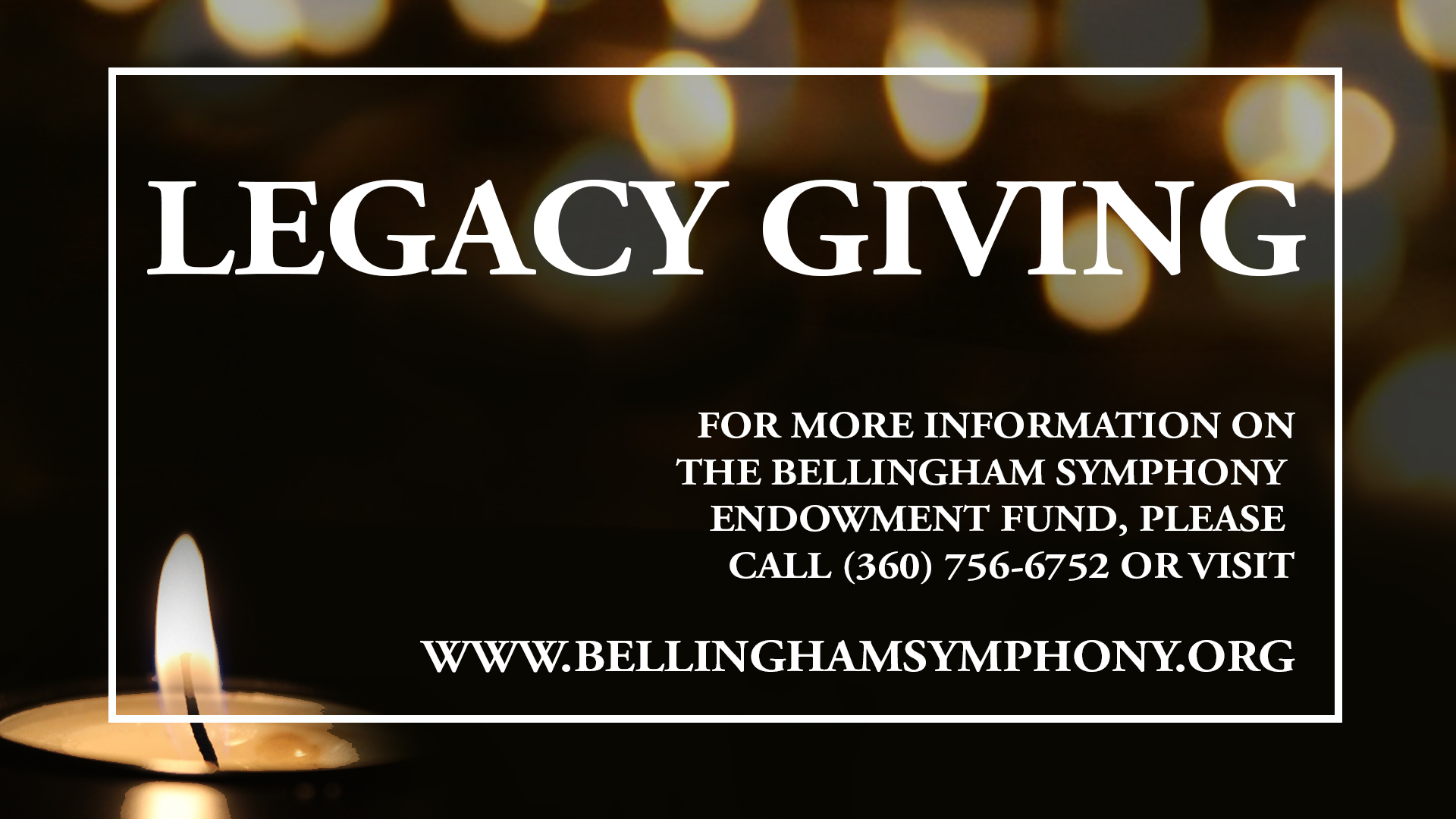
There are many ways to keep the Bellingham Symphony Orchestra’s legacy strong, regardless of your means. We are proud to announce that we now have our own endowment available for legacy giving!
“Our Legacy Society is composed of remarkable, passionate individuals who care deeply about the future of the Symphony and the continuation of our educational programs in the community for years to come.” - Music Director Yaniv Attar
We are so very grateful to our legacy society members, who make it possible for us to keep the music alive, and to encourage musicians of the future. For a list of all our generous contributors and legacy society members, please click here.
For more information, contact us at (360) 756-6752 or by email to executive@bellinghamsymphony.org. You can also see more about ways to give here.
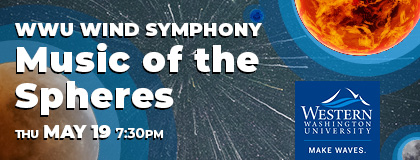
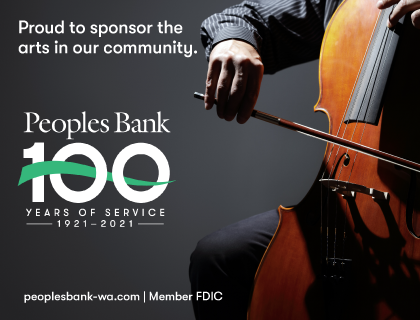

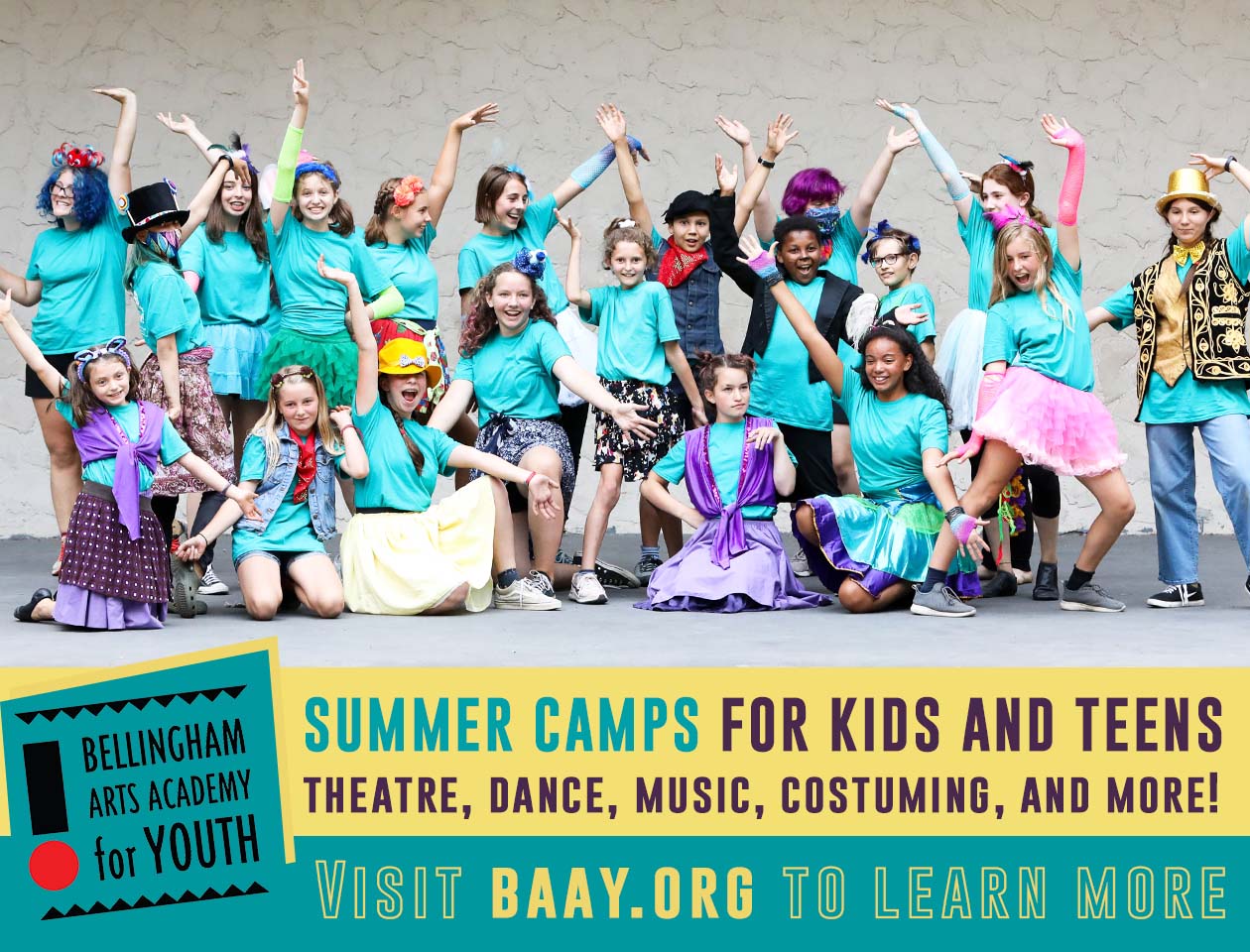
.jpeg)
